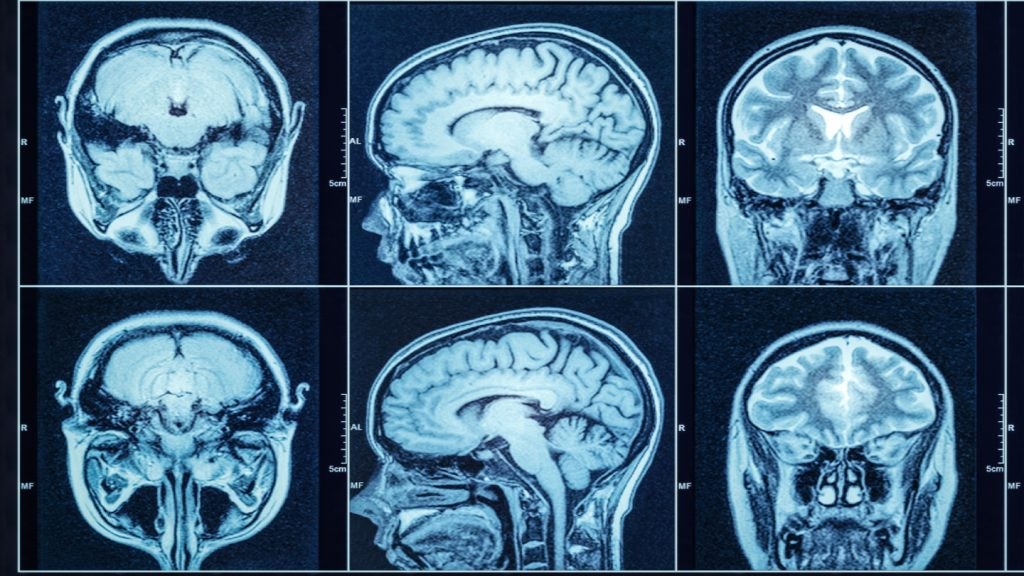
Saliva might provide early clues about whether a patient has had a stroke, say researchers undertaking a study at the University of Birmingham in the UK.
The “Golden HOur for STroke” (GHoST) study will utilise saliva, blood, and urine taken from patients with suspected stroke by paramedics. The sample, taken from the patient within the first hour of symptom onset, will then be analysed in the hospital.
The study is being funded by the Stroke Association, a UK stroke charity.
The funding from the Stroke Association allowed Marker Diagnostics UK to come on board, providing their laboratory-based small noncoding RNA (sncRNA) discovery facilities to the study. It is already known that stroke-specific RNA biomarkers circulate in the blood, but GHoST will be the first study investigating whether there are sncRNAs that indicate stroke and rule out stroke-mimicking conditions such as seizure or migraine which constitute a large share of suspected stroke ambulance admissions.
Rapid detection of stroke is greatly beneficial to patient prognosis. Currently, paramedics use a symptom checklist to identify whether a patient has had a stroke, followed by a hospital assessment and then transfer to a neuroscience unit.
Stroke Association head of research Dr Richard Francis said: “Currently, paramedics in the UK rely on the Face, Arms, Speech, and Time (FAST) test to assess whether someone is having a stroke. In the absence of brain scanning equipment, FAST is the best diagnostic tool we have.”
How well do you really know your competitors?
Access the most comprehensive Company Profiles on the market, powered by GlobalData. Save hours of research. Gain competitive edge.

Thank you!
Your download email will arrive shortly
Not ready to buy yet? Download a free sample
We are confident about the unique quality of our Company Profiles. However, we want you to make the most beneficial decision for your business, so we offer a free sample that you can download by submitting the below form
By GlobalData“Having a saliva test would be a massive step forward in pre-hospital diagnosis for stroke and really help people to get the right diagnosis, to get to the right hospital for the right treatment and in the quickest time. The potential success of this trial may also massively benefit countries without ready access to brain scanning equipment.”
The study will have results in late 2026 and be led by Professor Antonio Belli, professor of trauma neurosurgery at the University of Birmingham’s Institute of Inflammation & Ageing. The team have already conducted a study that showed saliva can be used in the diagnosis of concussion in rugby players.
Marker Diagnostics has also developed a CE-certified concussion test for adult males, and the company will provide a commercial pathway for any tests that may be developed from the GHoST study.
Belli said: “Our previous studies detected ultra-early biomarkers and cellular responses that had never been reported in human studies before and resulted in a non-invasive diagnostic test that could change the way concussion is managed. In conjunction with our industry partner Marker Diagnostics, we’re now looking to repeat this success with stroke.”
There are around 100,000 people in the UK each year who have a stroke. It is estimated to cost the NHS approximately £3bn per year.







